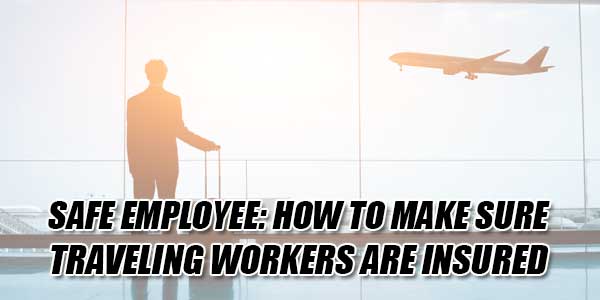
Many employers spend billions of dollars annually in compensation costs. Much of this money is related to injuries that their workers sustained while traveling for business. However, proactive communication and good insurance coverage can mitigate those costs and keep workers safe on the road. This guide will provide you with a few tips on how you can make sure your traveling workers stay safe and can get care when they need it.
Table of Contents
Determine Coverage Areas:
Many insurance plans don’t cover traveling accidents that might occur outside a particular state. If your employee resides in one state but travels through multiple states on your behalf, you can include an “Other States” section in your plan. This section will allow you to specify in which states your plan will cover travel accidents that might happen to your employee.
Get Insurance For Your Business:
Your workers and vehicles are not the only parts of your business that can benefit from an insurance plan. Certain companies know that the business as a whole needs insurance to be able to protect you in the event of an accident or problem. Insurance coverage that includes provisions for travel can take care of health issues should you fall ill on a business trip, lost bags that include business materials, a personal injury accident that happens on the trip, or even reimbursement for an expensive business meeting that is canceled at the last second.

Consider Commercial Auto Insurance:
Commercial auto insurance policies are important for any business that uses drivers and vehicles to transport their goods or services. NJ classic car insurance plans are similar to personal auto insurance policies for individuals and can cover liability, personal injury, collusion, or uninsured motorists. If your worker needs an insurance policy during travel, it makes sense to pair that policy with one that works for vehicles.
Check Transit Options:
To reduce the cost of a travel-related injury and keep your workers safe at the same time, you should inspect all commercial vehicles before they leave the lot. If you use a checklist to perform a multi-point inspection, you can identify potential maintenance issues that could cause a serious accident on the road. Some preventive care might help you avoid costly medical bills and repairs in the future.
These are just a few tips for making sure your employees are safe, insured, and prepared for travel on the road. Please feel free to share your tips for traveling workers in the section below.

 About the Author:
About the Author:















Be the first to write a comment.